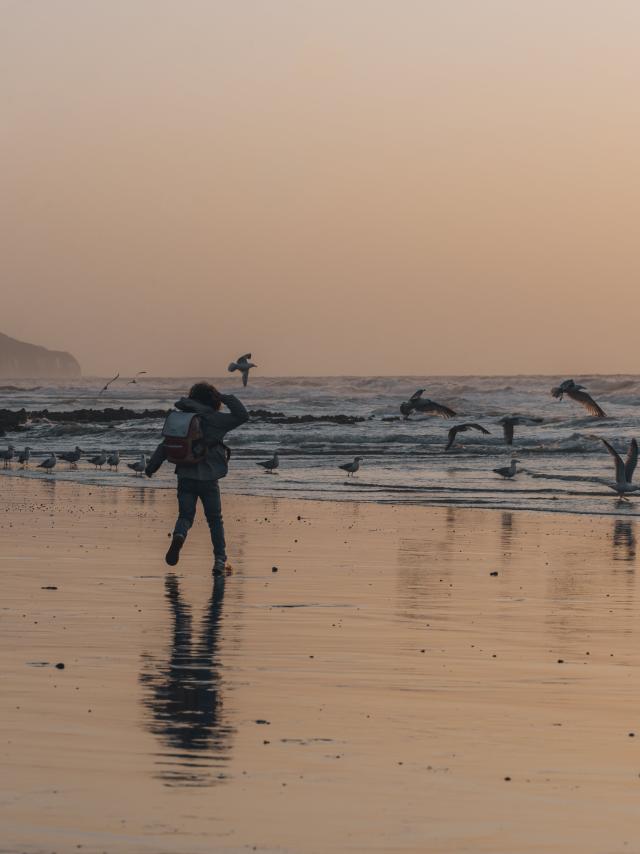Essential criteria
> Comply with all legal andregulatoryobligations, in particular:
– Accessibility for people with reduced mobility
– Labor law
– Health and safety
– Declaration of tourist tax
> Raise employee awareness of sustainable development issues.
> Implement actions to reduce energy and water consumption , and promotethe use of renewable energy wherever possible.
> Limit waste production and reuse or recycle unavoidable waste.
> Identify the sources of greenhouse gas emissions in your activity as a whole (building, equipment, travel, etc.).
> Ensure that your activity minimizes pollution and nuisances (noise, visual, olfactory, etc.).
> Give priority to local, environmentally-friendly and socially-responsiblesuppliers , when these are available, competitive and of sufficient quality.
> Provide information on the availability of public or alternative transport (bicycles, etc.).
> Measure and monitor customer satisfaction with a view to overall improvement.
> Update the Votre Information Touristique interface that feeds the Tourist Office website to provide reliable information to visitors.


